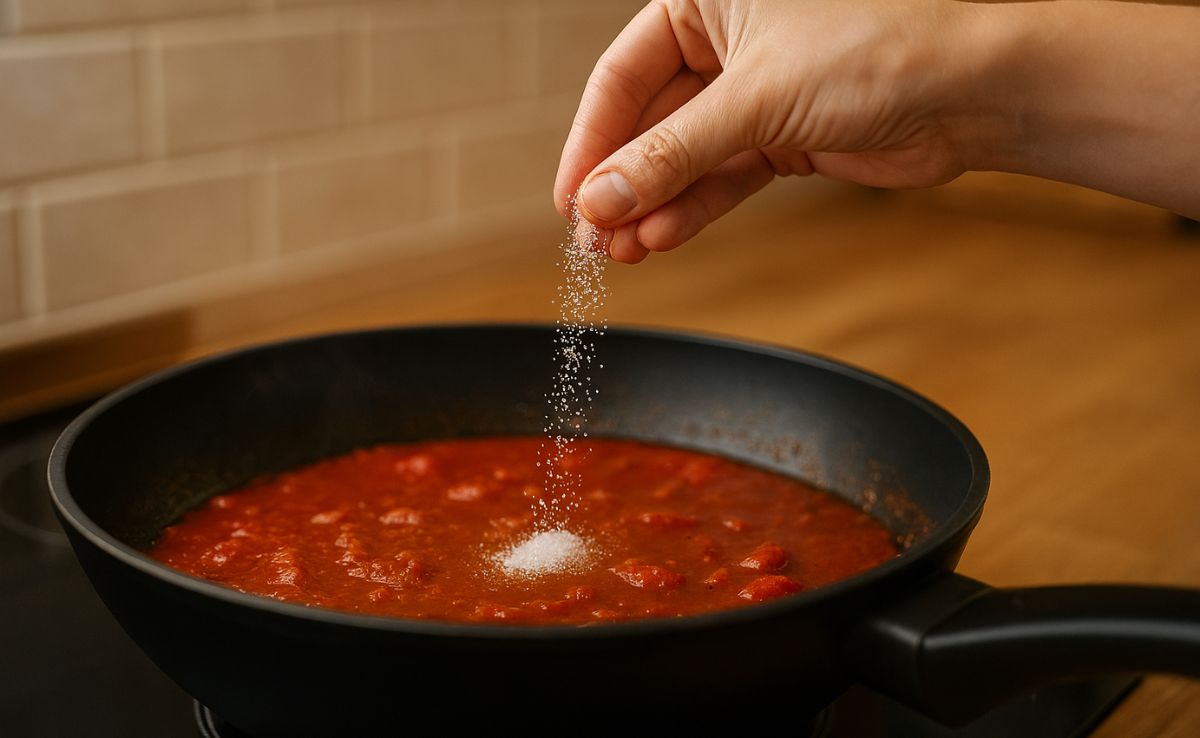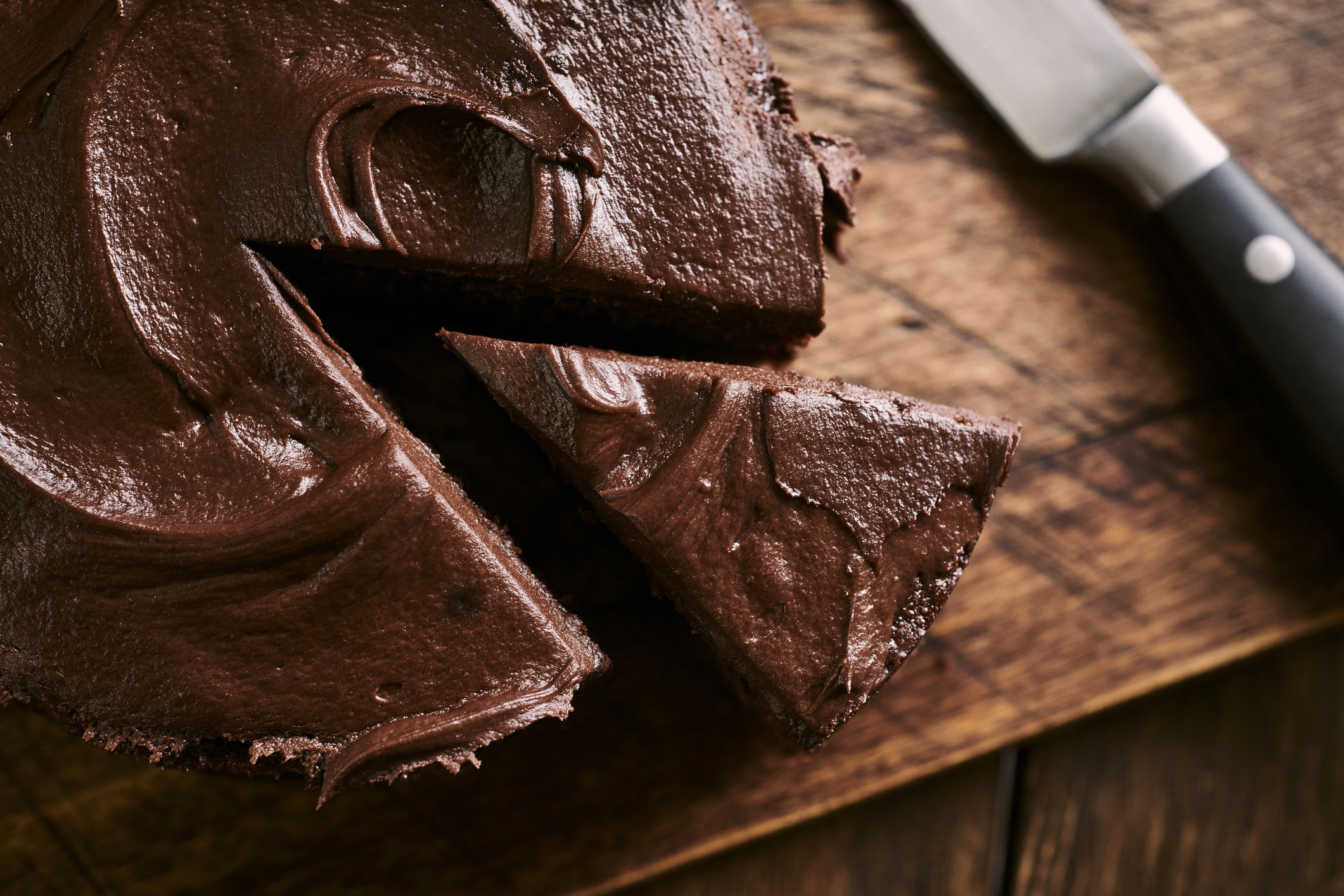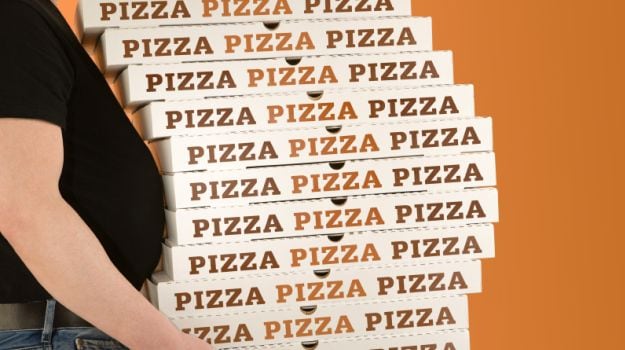If your New Year resolution is to get fit and lose weight (like most of us), you'll have to put in more effort to stick to it. According to a new study, published in journal Proceedings of the Royal Society B, cold winter days make us eat more.So, you haven't been able to resist that plateful of fries or those hot parathas but you're not alone and may be not entirely at fault. According to researchers at the University of Exeter in UK, there is not yet an evolutionary mechanism to help us overcome the lure of sweet, fatty and unhealthy food and avoid becoming overweight for understandable and sensible reasons.Moreover, the urge to maintain body fat is even stronger in winter when food in the natural world is scarce. This explains why we enjoy eating so much at Christmas, and our New Year's resolutions to lose weight usually fail. Well, we couldn't agree more.
To prove their point, researchers used computer modelling to predict how much fat animals should store, by assuming that natural selection gives animals, including humans, a perfect strategy to maintain the healthiest weight. Their model predicts how the amount of fat an animal stores should respond to food availability and the risk of being killed by a predator when foraging. The model shows that the animal should have a target body weight above which it loses weight and below which it tries to gain weight.Simulations showed that there is usually only a small negative effect of energy stores exceeding the optimal level, so subconscious controls against becoming overweight would be weak and easily overcome by the immediate rewards of tasty food. "You would expect evolution to have given us the ability to realise when we have eaten enough, but instead we show little control when faced with artificial food," said lead author Andrew Higginson, from the University of Exeter."Because modern food today has so much sugar and flavour the urge humans have to eat it is greater than any weak evolutionary mechanism which would tell us not to," Higginson said. "The model also predicts animals should gain weight when food is harder to find. All animals, including humans, should show seasonal effects on the urge to gain weight," he said. "Storing fat is an insurance against the risk of failing to find food, which for pre-industrial humans was most likely in winter. This suggests that New Year's Day is the worst possible time to start a new diet," he said.It's true. During those long, gloomy months you crave your favorite foods that give you comfort and various studies have shown that high-calorie and high-fat foods stimulate the brain and produce feelings of happiness. Nutritionists suggest that in order to ward-off this seasonal depression you must fuel up on foods rich in Omega-3 fatty acids like oily fish which is also a great source of lean protein. Omega-3 is known for its mood-boosting powers.With inputs from PTI
To prove their point, researchers used computer modelling to predict how much fat animals should store, by assuming that natural selection gives animals, including humans, a perfect strategy to maintain the healthiest weight. Their model predicts how the amount of fat an animal stores should respond to food availability and the risk of being killed by a predator when foraging. The model shows that the animal should have a target body weight above which it loses weight and below which it tries to gain weight.Simulations showed that there is usually only a small negative effect of energy stores exceeding the optimal level, so subconscious controls against becoming overweight would be weak and easily overcome by the immediate rewards of tasty food. "You would expect evolution to have given us the ability to realise when we have eaten enough, but instead we show little control when faced with artificial food," said lead author Andrew Higginson, from the University of Exeter."Because modern food today has so much sugar and flavour the urge humans have to eat it is greater than any weak evolutionary mechanism which would tell us not to," Higginson said. "The model also predicts animals should gain weight when food is harder to find. All animals, including humans, should show seasonal effects on the urge to gain weight," he said. "Storing fat is an insurance against the risk of failing to find food, which for pre-industrial humans was most likely in winter. This suggests that New Year's Day is the worst possible time to start a new diet," he said.It's true. During those long, gloomy months you crave your favorite foods that give you comfort and various studies have shown that high-calorie and high-fat foods stimulate the brain and produce feelings of happiness. Nutritionists suggest that in order to ward-off this seasonal depression you must fuel up on foods rich in Omega-3 fatty acids like oily fish which is also a great source of lean protein. Omega-3 is known for its mood-boosting powers.With inputs from PTI
Advertisement








